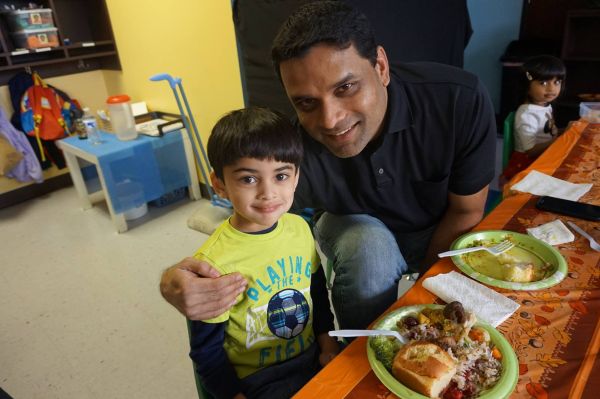
When your baby is hanging on to you for dear life, your toddler is wrapped around your leg like an anaconda, or you find yourself closing the bathroom door on a hysterical preschooler for a moment of necessary privacy, it may be hard to believe that your children’s behaviors are normal. But separation anxiety is a natural result of a new developmental phase. It may manifest as early as six months or as late as the preschool years.
If your toddler dissolves into crocodile tears the moment you head for the door, check out these strategies for managing the mayhem.
Short And Sweet Saves The Day
Separation anxiety begins when a young toddler begins to comprehend that when you’re gone, you’re actually gone, and he or she is powerless to summon you instantly back. Naturally, a child will use all the powerful tools in his arsenal, primarily crying and clinging, to express his fear. This naturally distresses you, which may further confirm his anxiety. But if you remain calm, say good-bye with loving attention, hand him his favorite lovely, and then leave, babysitters and teachers almost always report that your child calmed down soon after your departure and moved on to other things.
For your child, it’s the transition that is most distressing. Creating a quick, loving, consistent routine for departure helps ease the worry.
Avoid Pie-Crust Promises
If you’re going on a business trip that’ll keep you away from home for several days, telling your child that you’ll be home ‘soon’ in order to alleviate her momentary distress is a sure-fire way to deepen her separation anxiety in the long run. Be honest and explain how long you’ll be gone in terms she’ll understand. Phrases like “I’ll be home when you wake up tomorrow” or “I’ll see you at dinner tonight” build trust that will ease her anxiety over time.
Practice Makes Perfect
If the first day of preschool looms and you just know your child is going to go full-nuclear-clingy, you may want to practice separation rituals long before opening day. Leave her at Nana’s on a Sunday afternoon, plan a date night, or arrange for her to play at a trusted neighbor’s house. The routine you’ve created will become familiar and hopefully instigate fewer and fewer distressing scenes.
If separation anxiety doesn’t seem to ebb, becomes extreme, or continues into the grammar school years, consider asking your doctor about separation anxiety disorder.





















